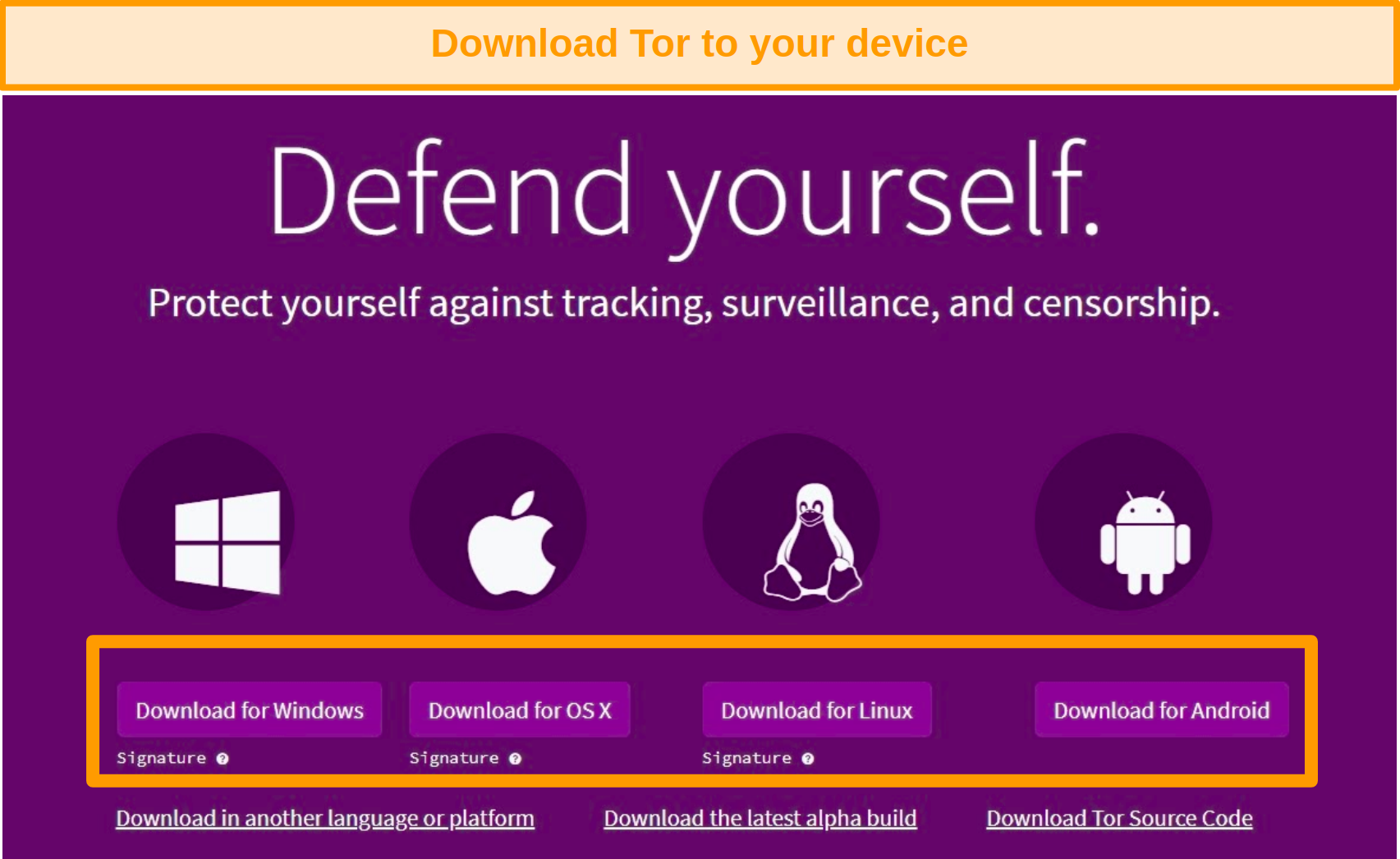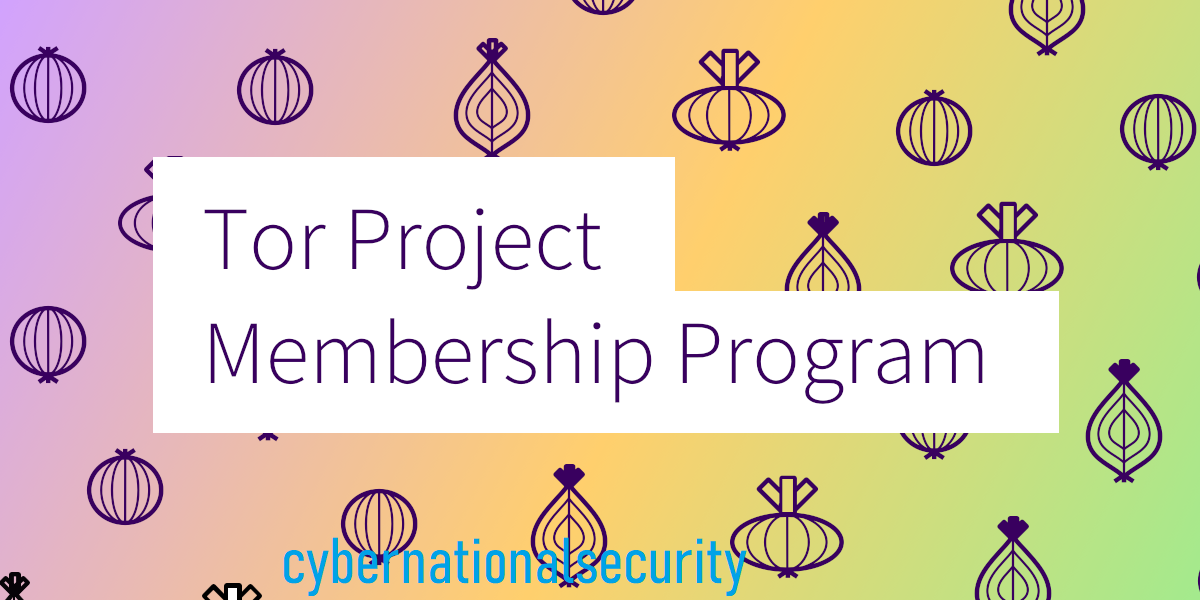
And, contrary to cookies, websites can do so without asking for permission. All these prompts make it possible to create your unique fingerprint. These include your operating system, type of device you’re browsing from, other software installed, language, time, font, screen resolution, and more.
Browser fingerprinting: Also known as device fingerprinting, it refers to a series of tracking scripts that web pages use to determine a lot of details about the device you’re using. All this might be more or less invasive, depending where you’re based. Third-party actors on websites could also collect this information to track you down. As your IP is public, your ISP could share such information with authorities, advertisers or data brokers. Personal IP address: Short for Internet Protocol, your IP address identifies your device so that your ISP (internet service provider) knows where to send the internet traffic. And these aren’t limited to authoritarian countries: think of the Five Eyes Alliance as an example.Ī web browser then becomes an important means for snoopers to collect your personal data and track your digital behavior. Likewise, authorities are notorious for spying on citizens on national security grounds. Big tech and data brokers seek to gather as much data as possible to build an accurate profile of every user to better tailor both their services and ads. However, today’s surveillance is more complex than that. That’s great for accessing otherwise geo-restricted online content and/or apps, while enjoying some anonymity online. Short for Virtual Private Network, a VPN is security software that spoofs people’s IP address while encrypting all the data leaving a device. 

Both from commercial actors like big tech companies and from governments,” Jonsson said. “The mass surveillance of today is absurd.

You might be wondering why, if you are already using a secure VPN service, you also need a secure browser to ensure your privacy is protected.ĭespite what some providers on the market might want us to believe, a VPN isn’t enough for achieving privacy nowadays. Privacy-focused browser: why do you need one?

“We have, for a long time, been devoted supporters of the Tor Project and we share their values when it comes to people’s privacy and fighting mass surveillance,” he said. Mullvad CEO Jan Jonsson told TechRadar that they have chosen the Tor Project as they believe it’s the best when it comes to privacy-focused browsers.








 0 kommentar(er)
0 kommentar(er)
